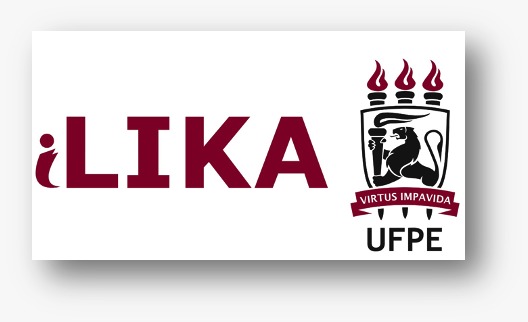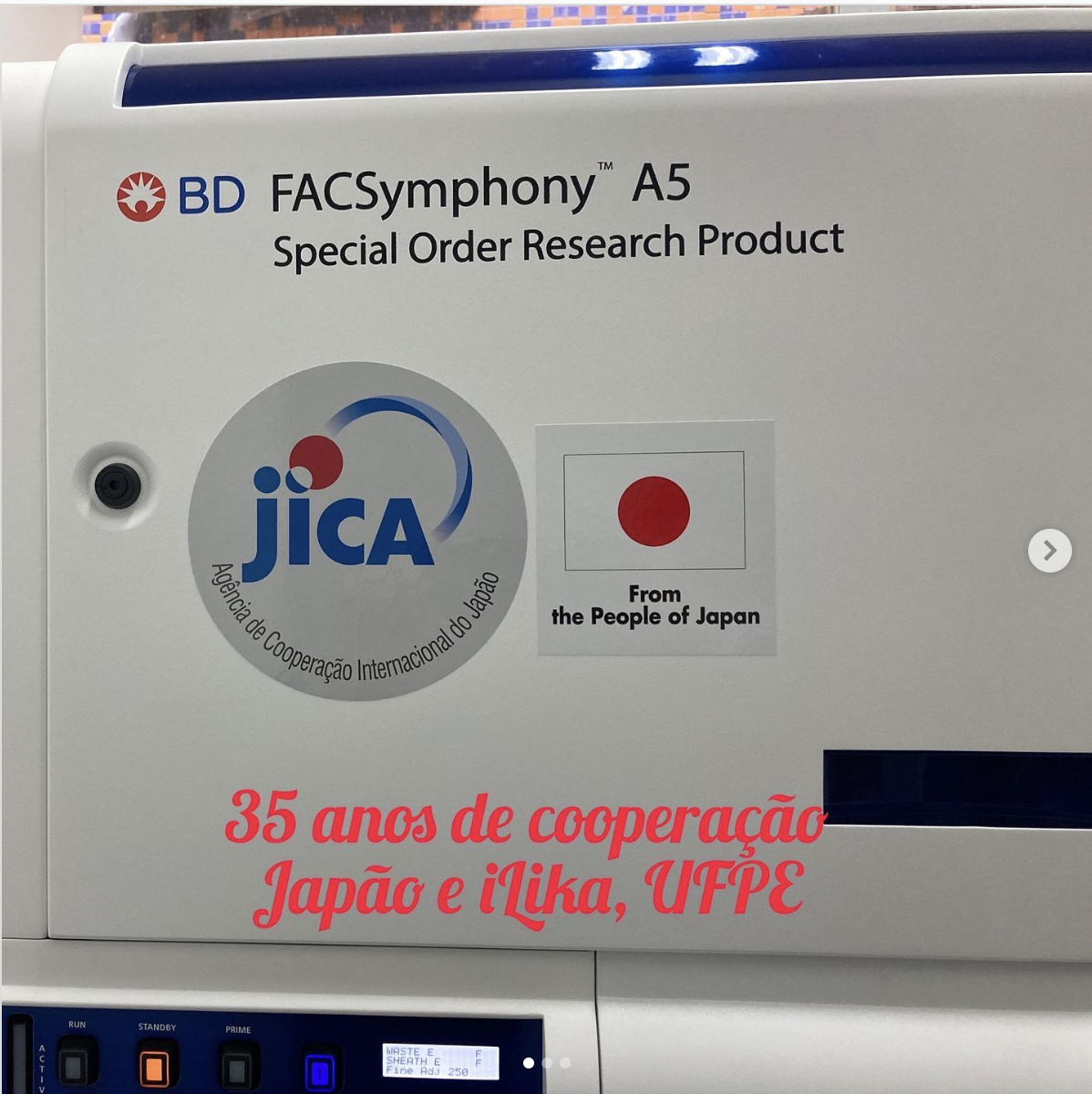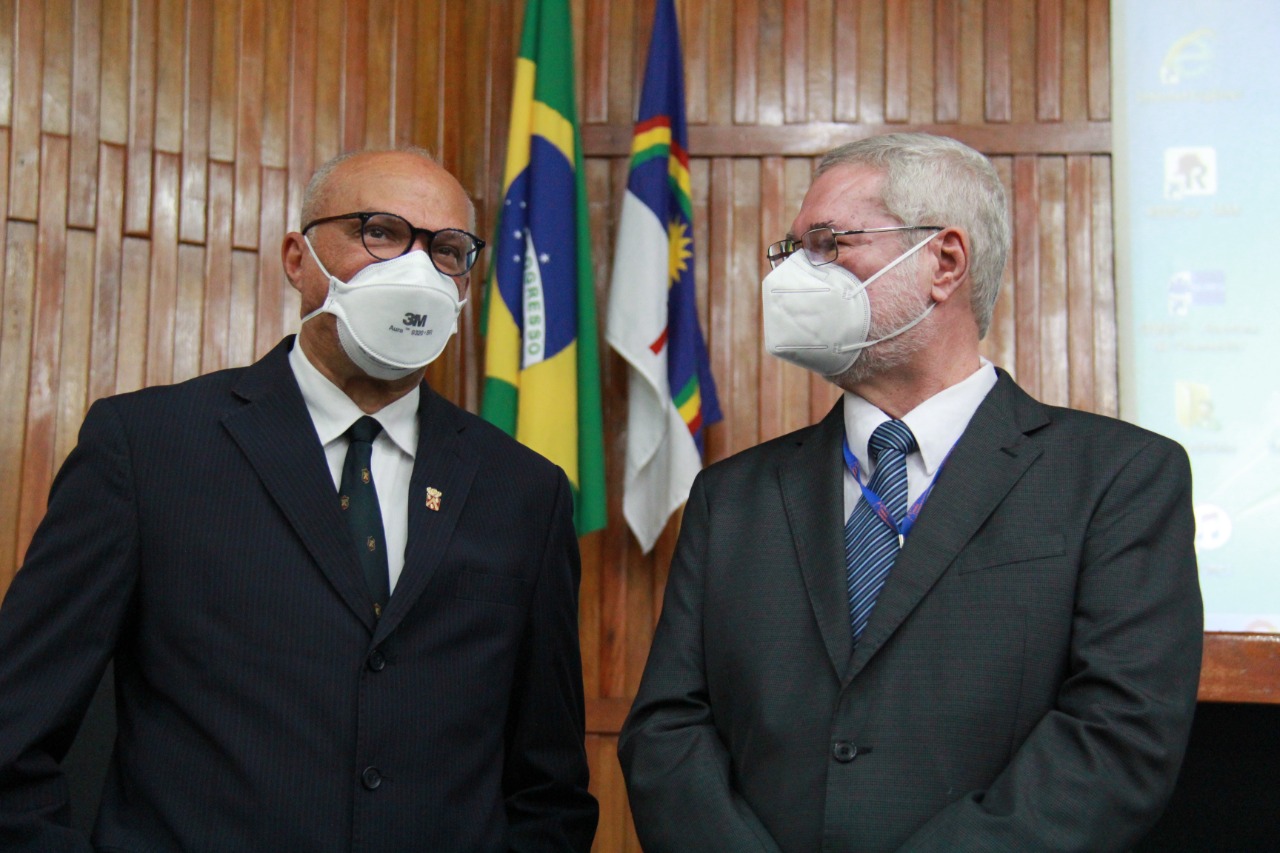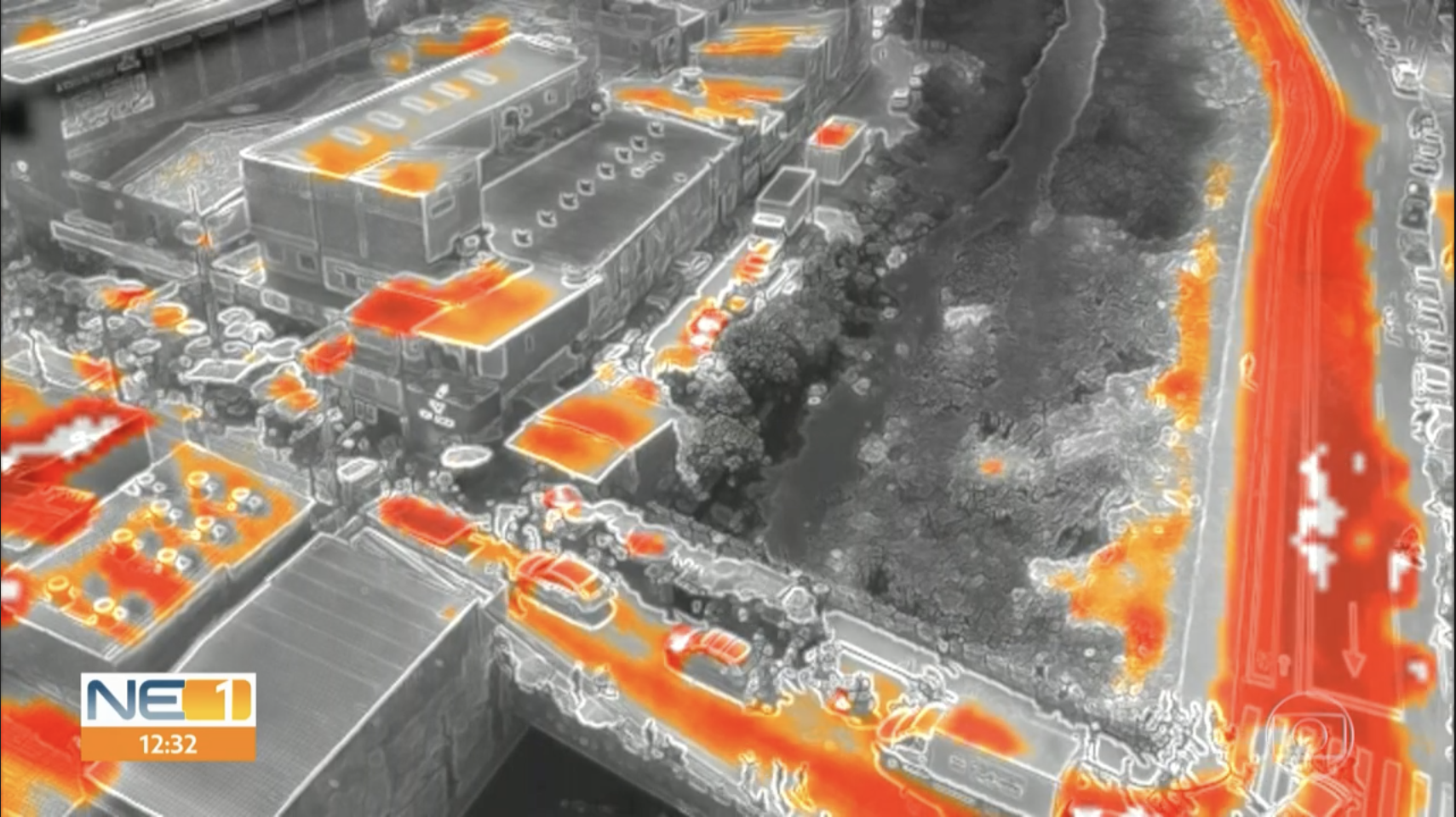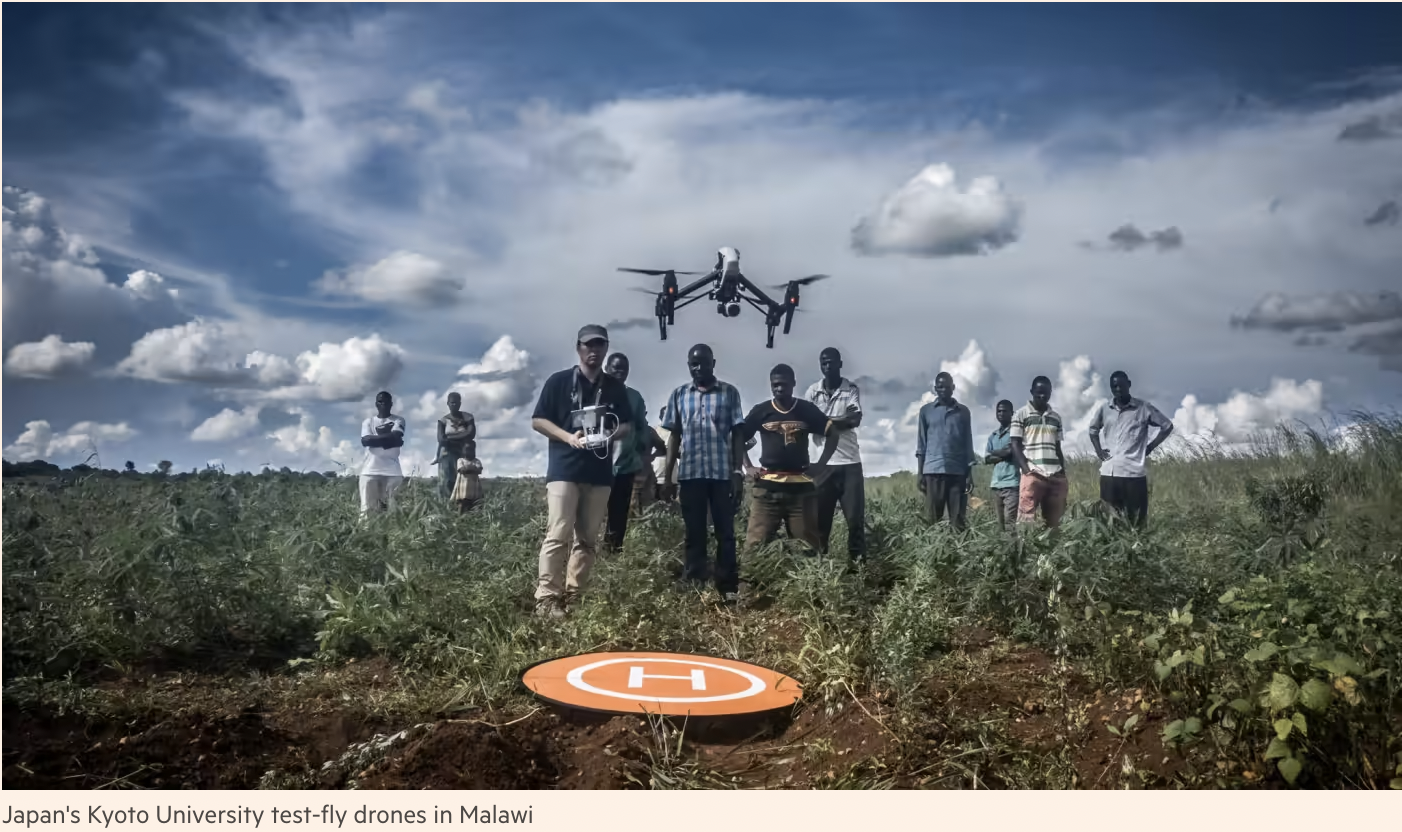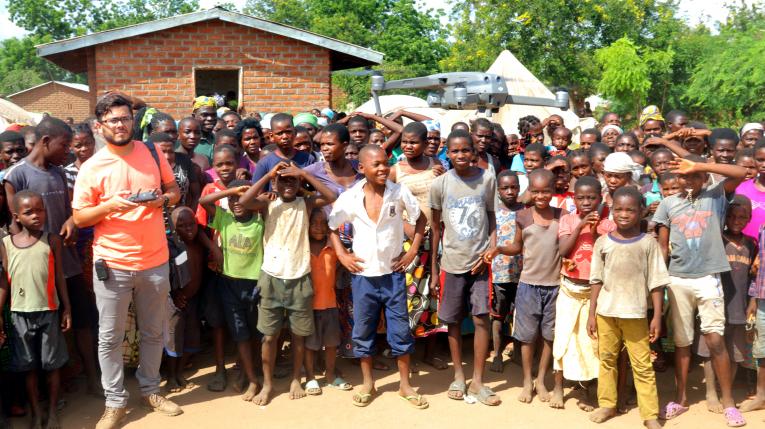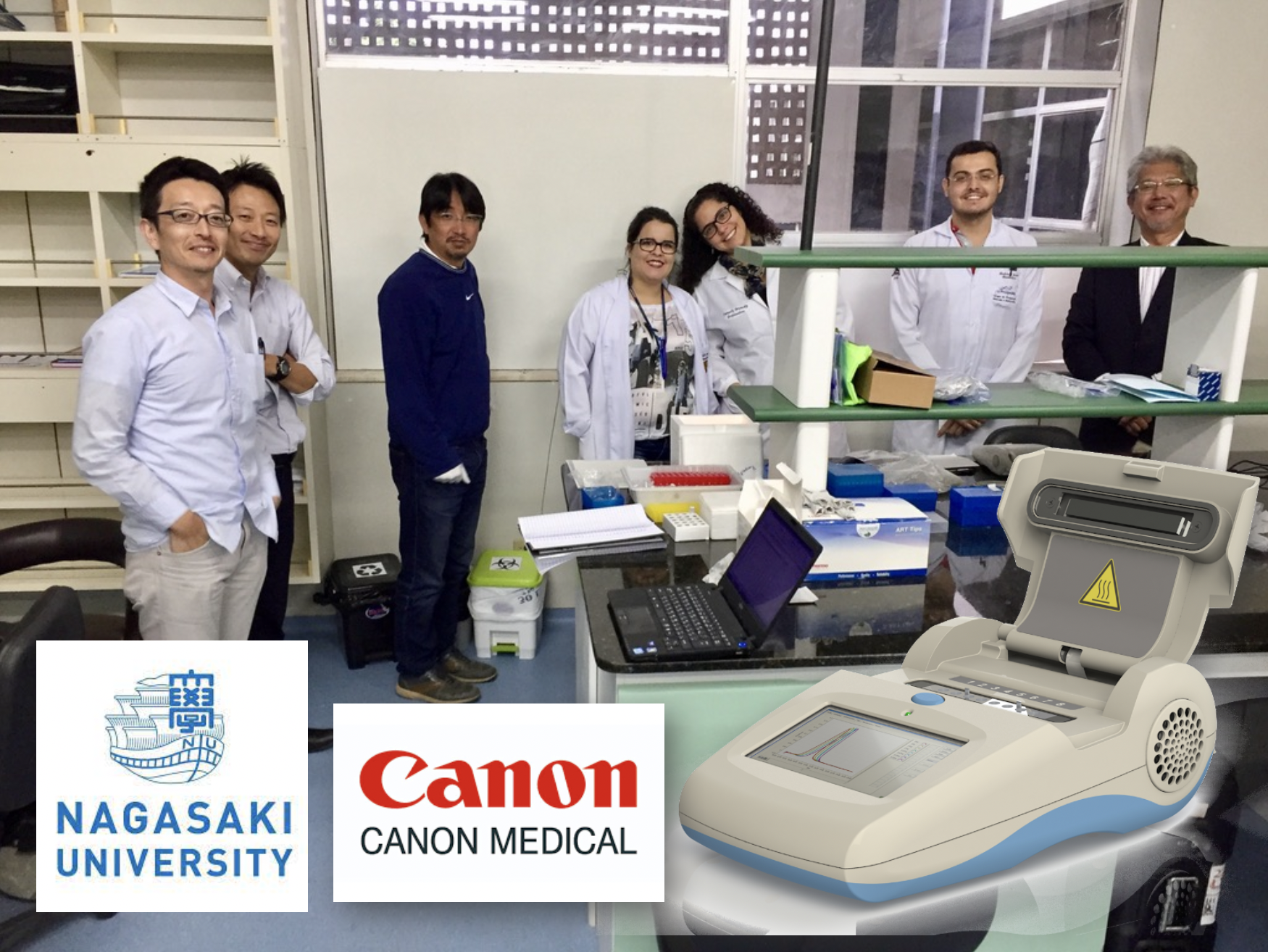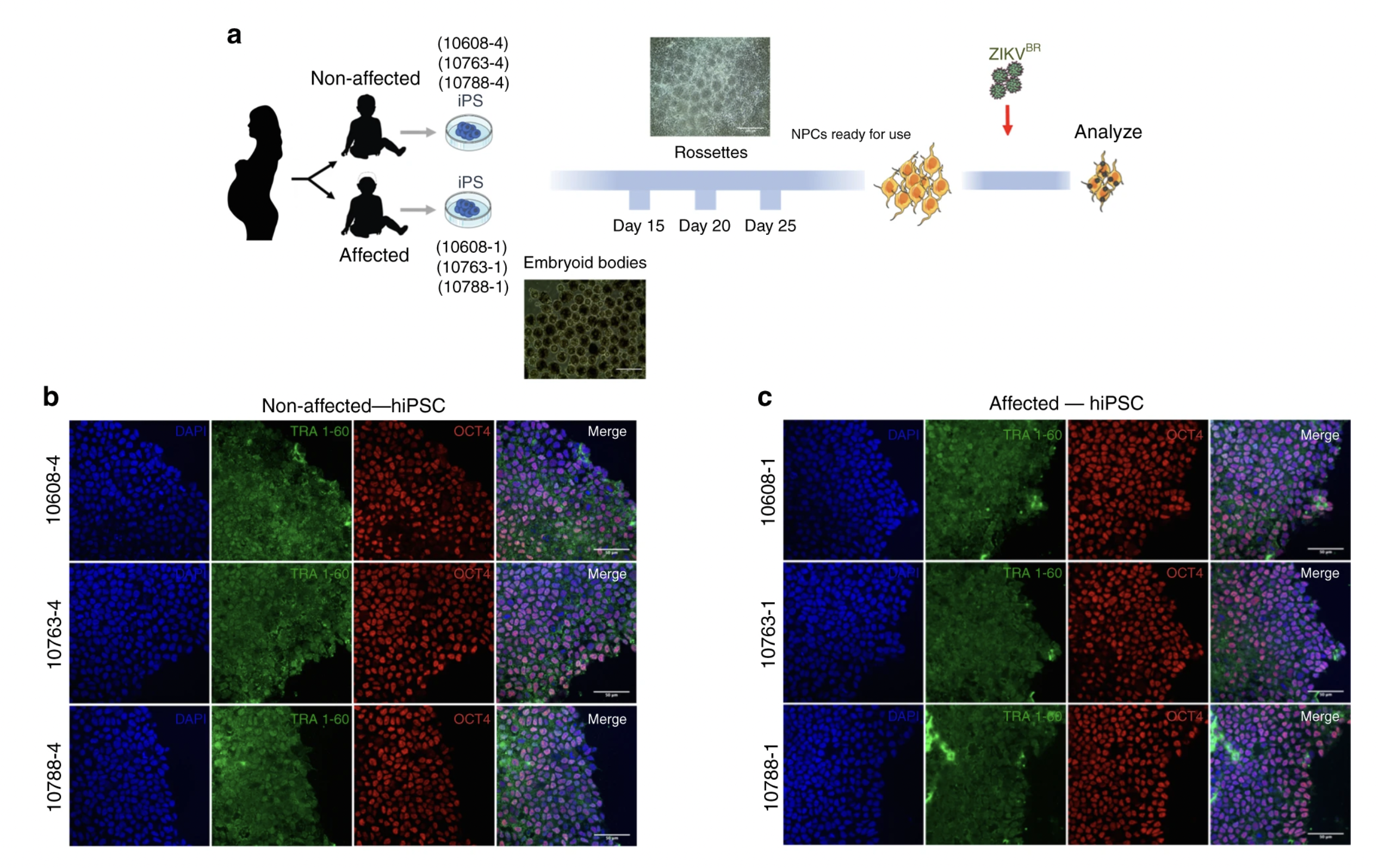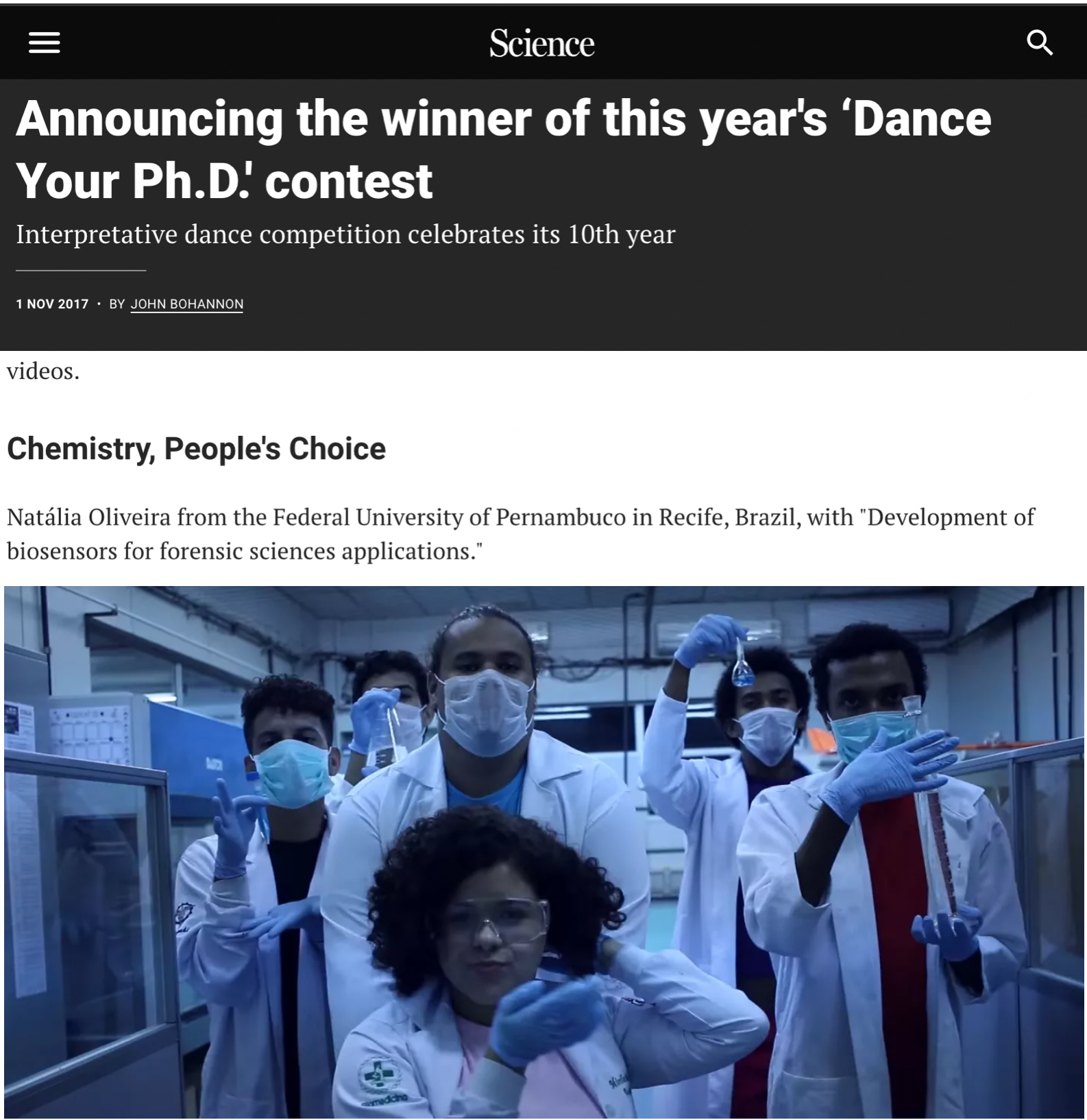Science for a Healthy Life
iLIKA – Keizo Asami Institute
JICA - Institutional Capacity Improvement Project against COVID-19
FIOCRUZ - LIKA is now iLIKA (Keizo Asami Institute)
The Keizo Asami Immunopathology Laboratory (LIKA) was founded on April 23, 1986. In honour of the scientist at Keizo University in Japan, it was named Professor Keizo Asami, who died months before the inauguration. Alongside professor Aggeu Magalhães Filho, from UFPE, he idealised the creation of a research institute on tropical diseases in the Brazilian Northeast.
Site: https://www.cpqam.fiocruz.br/institucional/noticias/lika-agora-e-instituto-keizo-asami
UCL - Helping track and reduce COVID-19 infections in Northeast Brazil
A combination of thermal drones, artificial intelligence and mathematical modelling is helping scientists track and reduce the spread of COVID-19 in Northeast Brazil: one of a series of innovative coronavirus research initiatives being carried out by UCL and scientists in Brazil.
Site: https://www.ucl.ac.uk/news/2020/jul/helping-track-and-reduce-covid-19-infections-northeast-brazil
FT - Malawi drone initiative takes drugs to remote areas faster
So far, 14 successful tests have been conducted by global companies such as Unifly, Vayu and Nextwing, as well as local start-up Micromek. Universities are also involved, including Lancaster in the UK, Kyoto in Japan, LIKA-UFPE in Brazil and Virginia Tech in the US.
Site: https://www.ft.com/content/aab0945c-f62c-11e9-bbe1-4db3476c5ff0
UNICEF - Brazilian scientists, UNICEF use technology to predict disease outbreaks after floods
Research scientists from Brazil’s University of Pernambuco have arrived in Malawi to explore the use of technology to predict the occurrence of diseases such as cholera, malaria and bilharzia. The exercise, conducted in partnership with UNICEF and Ministry of Health, is in response to floods in the southern region.
Site: https://www.unicef.org/malawi/press-releases/brazilian-scientists-unicef-use-technology-predict-disease-outbreaks-after-floods
NATURE - Development and evaluation of a rapid molecular diagnostic test for Zika virus
Here, we developed a reverse transcription loop-mediated isothermal amplification (RT-LAMP) assay using a portable device for the detection of ZIKV. The assay specifically detected ZIKV strains of both Asian and African genotypes without cross-reactivity with other arboviruses, including Dengue and Chikungunya viruses. The assay detected viral RNA at 14.5 TCID50/mL in virus-spiked serum or urine samples within 15 min, although it was slightly less sensitive than reference real time RT-PCR assay.
Site: https://www.nature.com/articles/s41598-017-13836-9
NATURE - Discordant congenital Zika syndrome twins show differential in vitro viral susceptibility of neural progenitor cells
Following ZIKV in vitro infection, cells from affected individuals have significantly higher ZIKV replication and reduced cell growth. Whole-exome analysis in 18 affected CZS babies as compared to 5 unaffected twins and 609 controls excludes a monogenic model to explain resistance or increased susceptibility to CZS development. Overall, our results indicate that CZS is not a stochastic event and depends on NPC intrinsic susceptibility, possibly related to oligogenic and/or epigenetic mechanisms.
SCIENCE - Dance Your PhD "Development of biosensors for forensic sciences applications"
Natália Oliveira at the Federal University of Pernambuco in Recife, Brazil, is also the winner of our online audience favorite award, with “Development of biosensors for forensic sciences applications”.
Site: https://www.science.org/content/article/announcing-winner-year-s-dance-your-phd-contest
Youtube: https://www.youtube.com/watch?v=juP2YjZBn0c
